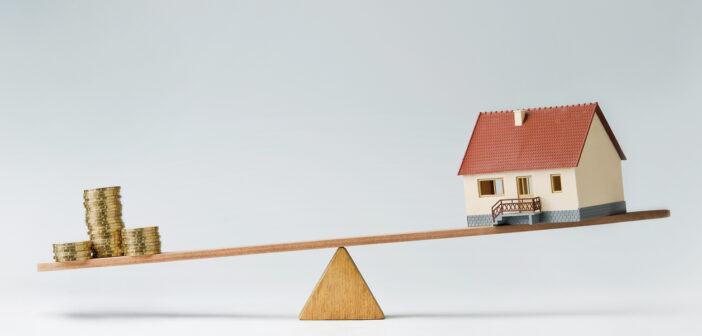As of writing this column, the 30-year fixed home mortgage interest rate is about 7.5%. If the Federal Reserve increases interest rates at its next meeting, this rate will likely go higher. Already nearly three times higher than what it was in early 2021, it is higher than at any time since the late 1990s.
This sharp increase has the potential to significantly impact the housing market. Since the start of the pandemic, home prices increased by an average of 41% as people took advantage of lower interest rates and sought more space in the era of social distancing and work-from-home, which increased the demand for homes. Additionally, home-building has never fully recovered from the housing market crash during the last decade. This increase in demand and reduction in supply led to the sharp increase in home prices. Over the last two years, the housing market has been characterized by bidding wars, buyers making offers significantly above the asking price, and waiving contingencies such as the home inspection. Rising mortgage rates threaten to reverse this.
As of writing this column, the median price of a home is $428,700. At a 3%, 30-year fixed mortgage rate (which was the 30-year fixed mortgage rate last year) this price represents a $1,800 monthly payment, assuming a 20% down payment. A 7.5% mortgage rate increases this monthly payment to $2,700. Few prospective buyers have an extra $900 to make this higher monthly payment. To put this in perspective, $900 is roughly the monthly payment of a $50,000 new car at current car loan interest rates. Most people don’t have the equivalent of an extra car payment in their budget to make the higher mortgage payment resulting from the higher mortgage rate at current home prices. Thus, home prices are likely to fall.
The decrease in home prices could be dramatic. For a monthly payment to return to $1,800 the $428,700 home needs to fall to $290,000 – a 32% decrease. This means that even if someone was able to purchase a home at a 3% interest rate last year, a housing market correction threatens to wipe out a large chunk of the equity they built up since then. If someone purchased a house by winning a bidding war and paying an amount above the asking price, they could find themselves underwater on the mortgage, meaning they owe more on the home than what it is worth. A buyer who bought a home with an adjustable-rate mortgage might see the rate significantly adjusted upward, adding hundreds of dollars to the monthly payment.
Last decade, home prices fell by an average of 20%, which led to a wave of defaults, foreclosures, bank solvency problems and a severe recession. There is no guarantee that this will happen again, especially if inflation can quickly fall and the Federal Reserve can hold off on a further rate hike. However, irresponsible fiscal and monetary policy during the pandemic has put us in a position in which another financial crisis becomes a possibility.














